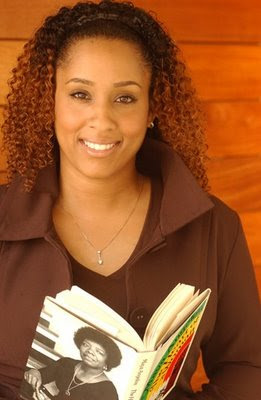As new books by Zimbabwean writers pour out (I can safely say this), I wonder about the state of Zimbabwean readership. Granted, some of these books will have a healthy readership by non-Zimbabweans., which is usually always the case., especially for those books published outside of Zimbabwe. Since most of the people I network with are writers, I often think that everyone around me is reading. You know, reading that's not attached to a class, reading for pleasure even, or reading just to get a sense of how the literature is responding to the Zimbabwean situation. I tend to forget then that people who should be reading these books are not reading them. How do you know, you ask? Well, when I go to a whole gathering of Zimbabweans and I mention a book like Harare North , Somewhere in this Country , Elegy for Easterly , etc, and people have no idea what I am talking about, I am a bit concerned, not that it is any of my business. But it is my business, because, as a writer, I certainly






